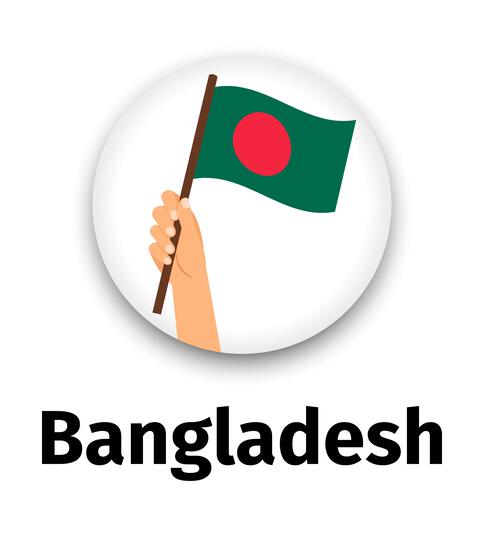1. Introduction: Addressing Systemic Challenges:
Bangladesh’s electoral landscape has been marred by financial dominance (e.g., 2018 election reports of $1.3 billion in campaign spending) and authoritarian practices such as media suppression and voter intimidation. This proposal seeks to dismantle these barriers, ensuring elections reflect the people’s will, not wealth or coercion.
Vision:
A Bangladesh where *every candidate* competes on merit, every voter engages freely, and every election upholds integrity, setting a global standard for inclusive democracy.
2. Core Principles with Actionable Links:
Democracy:
Judicial Independence: Propose term limits for judges and transparent appointments via a bipartisan parliamentary committee.
Media Freedom: Enact laws criminalizing state interference in editorial decisions.
Human Rights:
Anti-Discrimination: Legally mandate 30% female candidates and 15% minority representation in all parties.
Good Governance:
Anti-Corruption: Establish a Public Election Fund audited quarterly by the Comptroller and Auditor General.
Social Justice:
Resource Equity: Allocate 20% of campaign funds to candidates from marginalized communities.
3. Key Features: Enhanced Mechanisms:
A. State-Funded Public Campaigning:
Equal Air-Time: Allocate 10-minute daily slots per candidate on state media (BTV, Betar) during the 45-day campaign period.
Debate Standards: Host 3 nationally televised debates per constituency, moderated by civil society representatives.
Funding Source: Redirect 2% of the national defence budget to the Public Election Fund, supplemented by international grants (e.g., UNDP).
B. Ban on Private Financing:
Penalties: Immediate disqualification for violations; public naming of offenders via Election Commission (EC) portals.
Monitoring: Deploy an Anti-Corruption Task Force with citizen oversight committees in each district.
C. Secure Digital Outreach:
Platform Security: Partner with cybersecurity firms (e.g., Palo Alto) to safeguard the EC’s digital campaign hub.
Social Media Equity: Require Meta and Google to allocate equal ad space per candidate, with real-time transparency dashboards.
Offline Access: Broadcast candidate profiles via community radio in rural areas (e.g., Chittagong Hill Tracts).
D. Protected Community Engagement:
Town Halls: Organize 5 EC-supervised town halls per constituency, with security provided by UN-trained neutral forces.
Whistleblower Hotline: Launch a 24/7 hotline (accessible via SMS) for reporting intimidation, managed by Nirapad Nirbachon Hotline (Safe Election Hotline).
E. Transparent Voting Process:
Biometric Verification: Implement fingerprint/iris scanners at 100% of polling stations to prevent fraud.
Blockchain Vote Tracking: Pilot blockchain technology in Dhaka and Sylhet to ensure tamper-proof results.
Voter Education: Integrate election literacy into school curricula and conduct workshops via NGOs like BRAC.
4. Implementation Strategy: Phased and Measurable:
Phase 1 (2025–2026): Pilot Programs:
Test state-funded campaigning in 3 districts (e.g., Khulna, Rangpur, Bandarban).
Train 5,000 EC staff on conflict resolution and digital tools.
Phase 2 (2026–2027): Nationwide Rollout:
Enforce candidate quotas (30% women, 15% minorities).
Launch the Public Election Fund with an initial capital of $50 million.
Phase 3 (2028–2030): Institutionalization:
Embed reforms into the Constitution via the 18th Amendment.
Establish an Election Integrity Tribunal to adjudicate disputes.
5. Expected Outcomes (Quantified):
Candidate Diversity: Increase female MPs from 20% to 35% by 2030.
Voter Turnout: Achieve 85% participation in marginalized regions (e.g., Mymensingh).
Trust in Elections: Raise public confidence from 32% (2023) to 70% by 2028 (measured by TIB surveys).
6. Conclusion: A Call for Collective Action
This proposal is not merely a policy—it’s a pledge to future generations. By eradicating financial coercion and authoritarian control, Bangladesh can emerge as a democratic beacon.
Immediate Steps:
Seek technical assistance from the International Foundation for Electoral Systems (IFES).
Mobilize youth via social media campaigns (#FreeAndFairBangladesh).
Together, let’s redefine democracy—one vote, one voice, one Bangladesh.
Presented By:







No comments:
Post a Comment
Please validate CAPTCHA